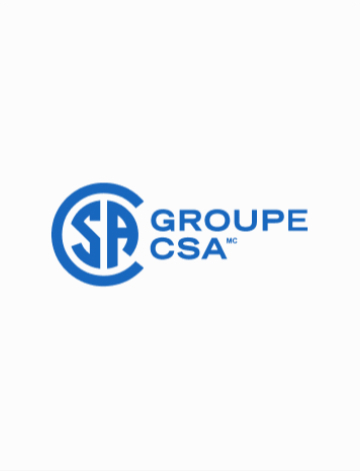Preface
This is the second edition of CSA/ANSI HGV 2, Compressed hydrogen gas vehicle fuel containers. It supersedes the previous edition published in 2014.
The major changes to this edition include the following:
a) distinction between category A and B containers;
b) inclusion of conformable container requirements; and
c) addition of mechanical tests.
This Standard is considered suitable for use for conformity assessment within the stated scope of the Standard.
CSA Group acknowledges that the development of this Standard was made possible, in part, by the financial support of Natural Resources Canada.
This Standard was prepared by the HGV 2 Subcommittee on Fuel Containers for Compressed Hydrogen Vehicles, under the jurisdiction of the Hydrogen Transportation Technical Committee and the Transportation Strategic Steering Committee, and has been formally approved by the Technical Committee.
This Standard has been developed in compliance with Standards Council of Canada requirements for National Standards of Canada. It has been published as a National Standard of Canada by CSA Group.
This Standard has been approved by the American National Standards Institute (ANSI) as an American National Standard.
Scope
1.1 General
This Standard contains requirements for the material, design, manufacture, marking, and testing of serially produced, refillable Type HGV2 containers intended only for the storage of compressed hydrogen gas for on-road vehicle operation. These containers
a) are to be permanently attached to the vehicle;
b) have a capacity of up to 1000 L (35.4 ft3) water capacity; and
c) have a nominal working pressure that does not exceed 70 MPa.
1.2 Container type
1.2.1
Type HGV 2 containers are designated as follows:
a) Type 1: metal;
b) Type 2: resin-impregnated continuous filament with metal liner with a minimum burst pressure of 125% of service pressure. The container is hoop-wrapped;
c) Type 3: resin-impregnated continuous filament with metal liner. The container is full-wrapped; and
d) Type 4: resin-impregnated continuous filament with a nonmetallic liner.
1.2.2
Conformable container types are designated as follows:
a) CT1: container or assembly of a non-axisymmetric shape without a protective shell (i.e., outside wall containing gas pressure);
b) CT2: container or assembly of non-axisymmetric shape within a full or partial protective shell that is acting as a shield and not directly assisting the pressure containing elements with containing gas pressure; and
c) CT3: container or assembly of non-axisymmetric shape within a conformable protective shell that is acting as a shield and directly assisting the pressure containing elements with containing gas pressure.
Note: The conformable container types are an additional identifier that is used in combination with the container type. A conformable tank is designated based on the design as a Type 1 (metal) to Type 4 (resin-impregnated continuous filament with a nonmetallic liner) with the additional conformable type identifier. For example, a Type 4 CT2 container would be required to meet the criteria for a Type 4 container as well as the criteria specified for a CT2 container.
1.3 Alternative construction or materials
The construction of the containers, whether specifically covered by the various provisions of this Standard or not, is to be in accordance with reasonable concepts of safety, performance, and durability.
All specifications as to construction set forth herein are to be satisfied by the construction actually prescribed or such other construction as will provide at least equivalent performance.
1.4 Units of measurement
The values given in SI units are the units of record for the purposes of this Standard. The values given in parentheses are for information and comparison only.
1.5 Terminology
In this Standard, shall is used to express a requirement, i.e., a provision that the user shall satisfy in order to comply with the standard; should is used to express a recommendation or that which is advised but not required; and may is used to express an option or that which is permissible within the limits of the standard.
Notes accompanying clauses do not include requirements or alternative requirements; the purpose of a note accompanying a clause is to separate from the text explanatory or informative material.
Notes to tables and figures are considered part of the table or figure and may be written as requirements.
Annexes are designated normative (mandatory) or informative (non-mandatory) to define their application.

